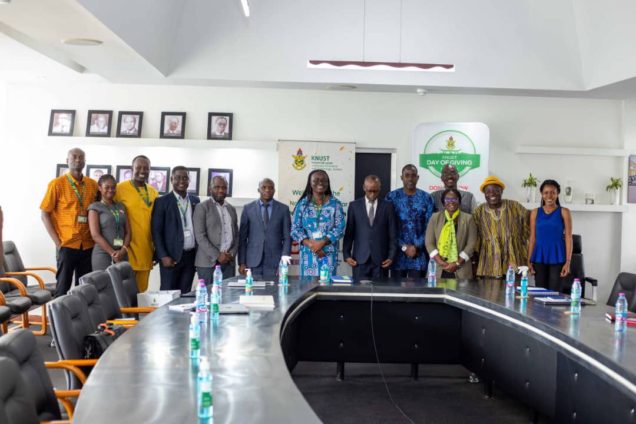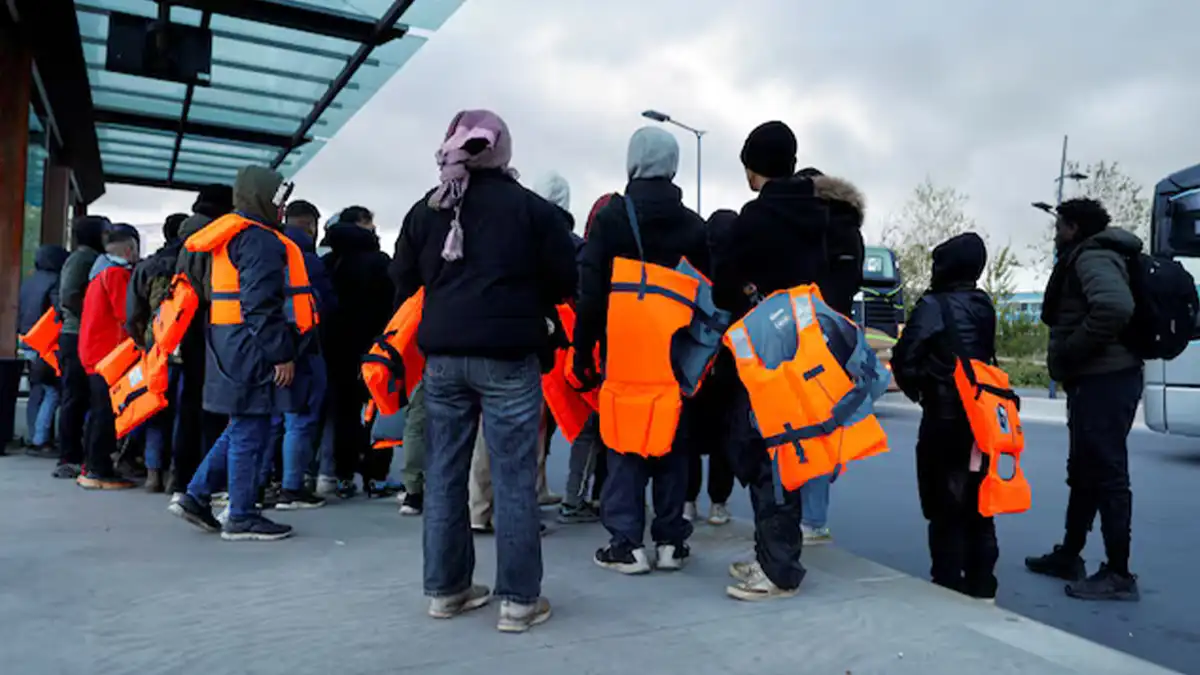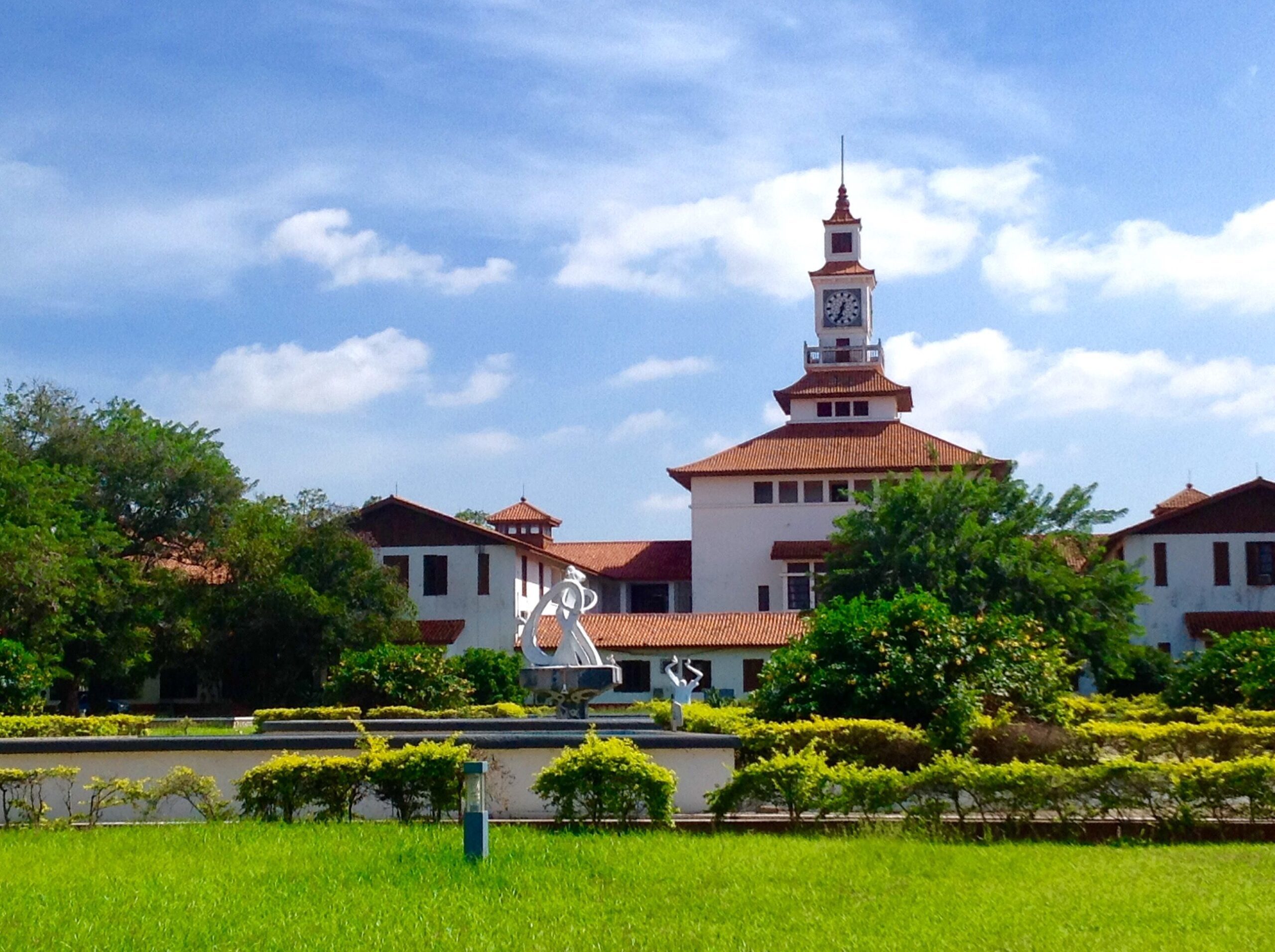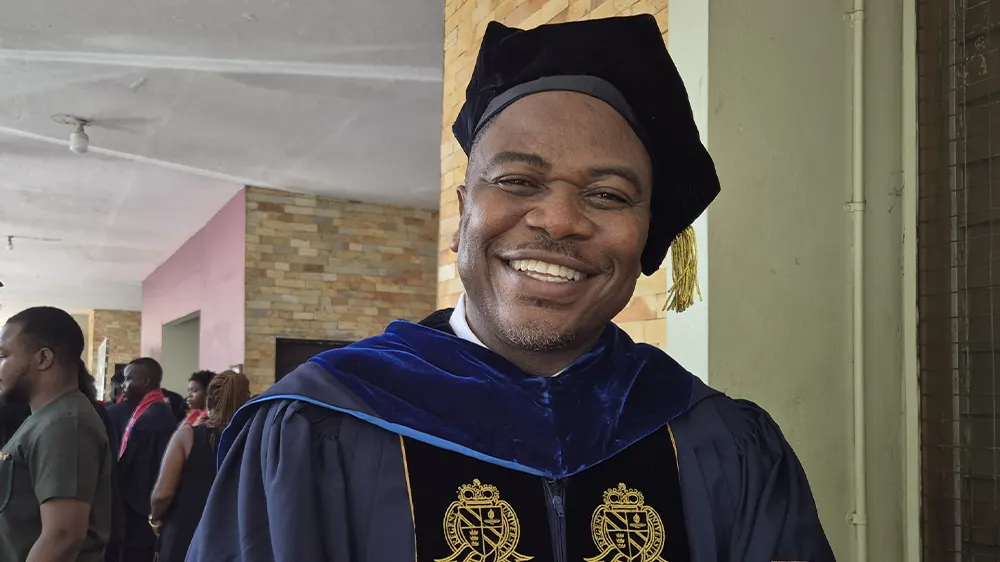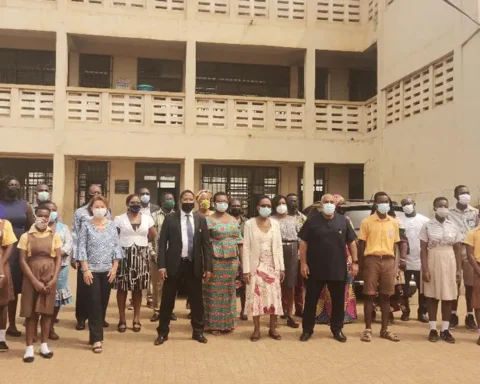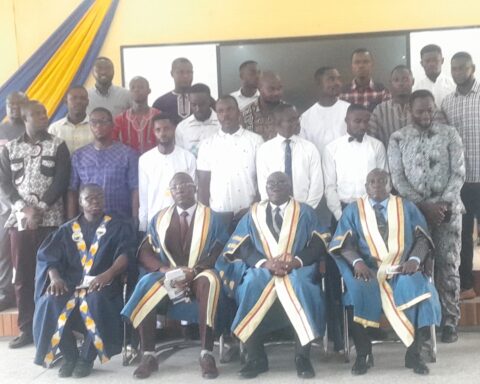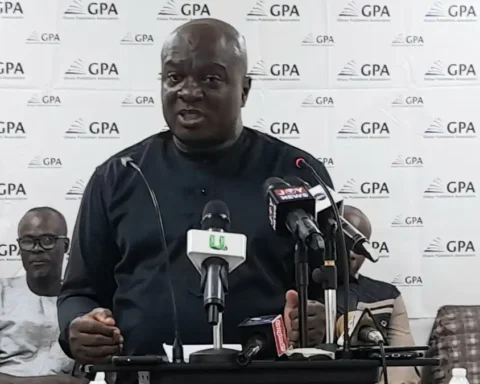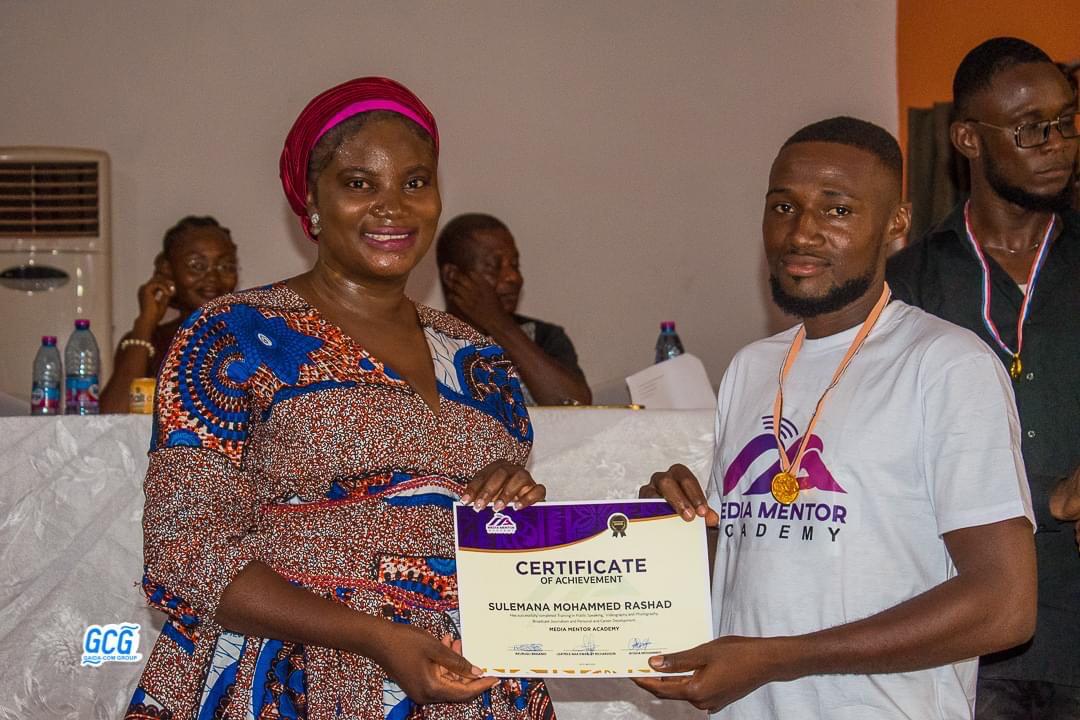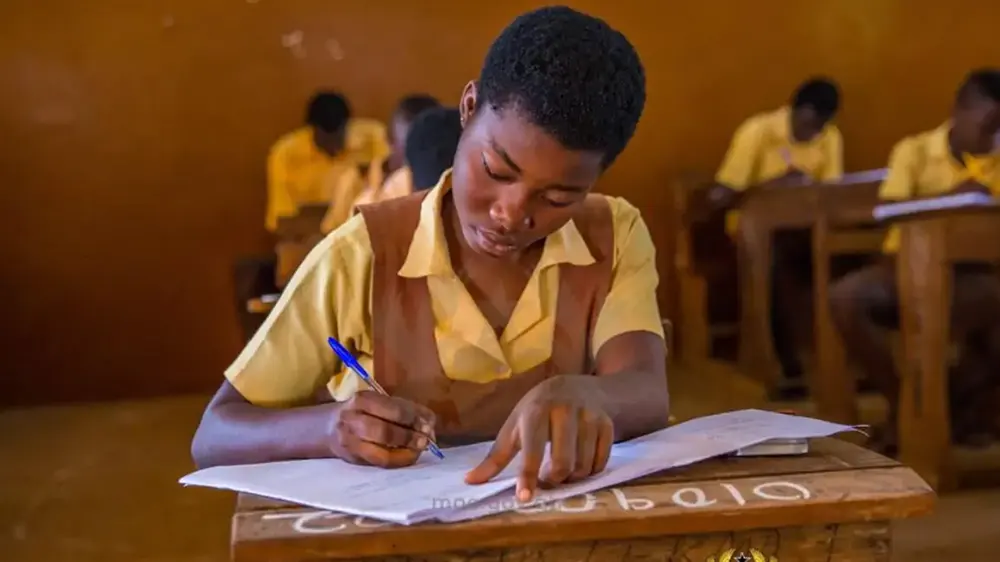The University of Rwanda is set to benefit from the experiences and success stories of the implementation of the Mastercard Foundation Scholars Program at Kwame Nkrumah University of Science and Technology (KNUST).
For over a decade, KNUST, through the Mastercard Foundation Scholars Program raised ethical and transformative young leaders influencing and impacting their localities across the continent.
This program which is a partnership between KNUST and the Mastercard Foundation headquartered in Toronto, Canada will within 15-years train 2,250 scholars.
The program targets academically outstanding but financially challenged youth from hard-to-reach and deprived communities, with emphasis on females, persons with disability and displaced people.
These scholars are provided quality education and empowered to impact society positively.
The University of Rwanda on the other hand has been running the program for three (3) years and seeks to learn from the experiences and best practices of KNUST.
A delegation from the University of Rwanda made up of three (3) professors, paid an experiential visit to the Kwame Nkrumah University of Science and Technology.
The team visited centres and units of various departments on the KNUST campus.
During a courtesy call on the Vice-Chancellor of KNUST, Principal of the College of Education, University of Rwanda, Professor Nsanganwimanan Florien, said KNUST has distinguished itself as an institution and is globally known for its successful rollout and impact stories of the MCFSP across Africa.
“We expect to learn a lot from your experience. This will help us navigate smoothly with the implementation at our university. That is why KNUST was identified among the Universities which can support our university in terms of implementing the program”.
“The Mastercard Foundation Scholars program at our university is designed in the same way as yours, such that whatever you went through, it will be more or less the same thing we will go through. For instance, if you, as a university, struggled and finally got it, for us that will make it easier. We will learn about the possible struggles, and how to mitigate the challenges. This will help us progress in the program,” he said.
Vice-Chancellor of the Kwame Nkrumah University of Science and Technology, Professor Mrs Rita Akosua Dickson, called for constructive partnerships to meet the universities' mandate of moulding young brains to become global professionals for service.
“We are ready for constructive partnerships. We feel we are not able to take up all these tasks by ourselves. That is why we engage with partners like the Mastercard Foundation who have over the years been very supportive, of the scholars' program.
“Bringing it to the e-learning initiative and the health collaborative, it has been a journey of working together, ensuring we are training these transformative leaders not just for our country Ghana but for the continent. The people we train here will find themselves everywhere in the world,” she revealed.
Professor Mrs Rita Akosua Dickson added that KNUST is ready to share its knowledge and technical know-how with the University of Rwanda but urged the team to be result-oriented as required by the Mastercard Foundation.
“It has been a wonderful and inspiring journey with the Mastercard Foundation. They are extremely supportive. All that they want is the results. What you have said you will do; you must do it. When you must report, you report. They do not like excuses. Always make sure you are in constant communication,” she advised.
An objective of the Mastercard Foundation Scholars Program at the University of Rwanda is to develop transformative leaders particularly assisting persons with disabilities and the less privileged to finish their undergraduate and post-graduate programs.
In drafting the proposal which led to the grant for the Mastercard Foundation Scholars Program, the University developed solutions to meet certain challenges identified with teaching and learning.
Deputy Programs Director of the Mastercard Foundation Scholars Program at the University of Rwanda, Associate Professor Ntivuguruzwa Celestine, said another objective is to be influential and change the narrative by focusing on e-learning capabilities and digital solutions.
“Some years ago, when you scan around universities in Europe, America and Africa, the success of a university was judged by the number of graduates. But, currently, the success of a university is measured by where your graduates are and the impact they are making. If you train students and they are not making an impact or are poor, then there is no success. We want to move ahead and see how many of our graduates in the first to six months are employed,” he revealed.
Principal Investigator and Lead of the Mastercard Foundation Scholars Program, Professor Owusu Daaku shared that the scholars also make financial contributions and together with support from the program undertake projects in destitute communities.
The projects include the refurbishing and building of classroom blocks, provision of educational materials and mechanized boreholes.
For faster growth and progression of institutions, former Vice-Chancellor of KNUST, Professor William Otoo Ellis, advised universities to share experiences, knowledge, and best practices in the implementation of such programs.

